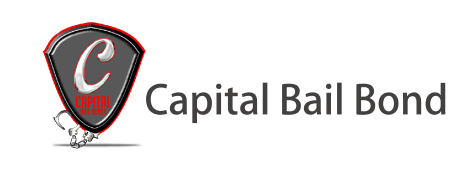Browse F.A.Q. Topics
Bail Bond Refunds After the Court Date?
Does the Bail Bond Amount Get Refunded After the Court Date?
No. The premium that is paid to the bail agency will not be returned because it is payment for the bail agent’s services.
How Bail Works
How Bail Works
If you have never had to bail someone out of jail in Florida, you understandably might not know what a bail bond is and how the bail process works. We look forward to answering any more questions you may have. Keep reading for the basic information that you’ll need to know about how bail works.Other Helpful Bail Tips
- Make sure you are working with a licensed bail agent. Ask to see the agent’s Florida license and identification prior to any transaction.
- Make sure the bail agent charges you only the legal rate, which in Florida is 10%..
- Make sure you are given itemized receipts for all charges.
- Make sure you are given copies of all signed contracts and agreements.
- If you finance or set up payments for any portion of your bond, make sure you understand the terms of the agreement prior to signing.
- Make sure the bail agent you hire will be available after the bail bond has been posted. A professional agent will be there for you when you have questions during this process.
What is a Bail Bond?
What is a Bail Bond?
If the defendant does not have the money or the assets to pay the full amount, they can utilize the services of a bail bond agent. In Florida, the state-mandated bond amount is 10%, which means a $10,000 bond would cost $1,000. This money goes to the bail agent, who provides the bail bond. The bond acts as insurance that the defendant will show up for all court dates. If the defendant does not show for court, the agent then becomes responsible for the full bond amount.What is bail?
Bail is a part of our legal system that allows an accused & incarcerated person to be temporarily released from custody so they can continue their lives while they prepare for their day in court. In criminal cases, it is a sum of money, real property or surety bond that needs to be posted by or on behalf of a defendant to guarantee their appearance in court.
What is Collateral?
What is Collateral?
Bail agencies may require collateral when writing a bail bond. Collateral can come in the form of property (homes, cars, etc.), investment accounts, or anything that has value. Collateral is used to cover the remaining amount of the required bail as extra assurance that the defendant will be present for their court dates. Collateral will be returned once the bail bond has been exonerated and the defendant has fulfilled all obligations.

